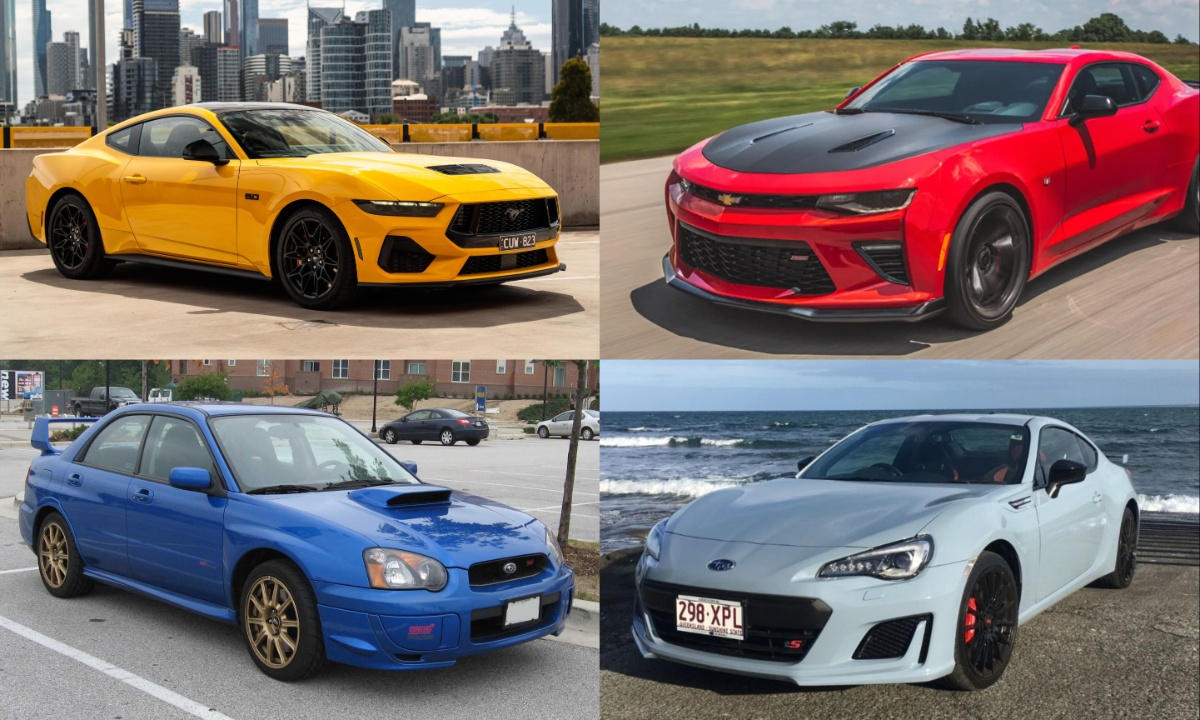Resale value and depreciation are closely connected concepts when it comes to the automotive market. Depreciation is the process by which a car loses value over time, which can be influenced by numerous factors, including market demand, the car’s condition, and external influences like environmental changes or supply disruptions.
In recent years, the global pandemic has led to a scarcity of used cars, causing vehicles to retain more of their value than in pre-pandemic times. This phenomenon highlights how various factors can significantly impact the resale potential of different vehicles.
Depreciation tends to be most significant during a vehicle’s first five years. The commonly quoted phrase that a car loses half of its value the moment it leaves the lot is an exaggeration, but it holds some truth in certain cases.
While this steep depreciation occurs early on, many vehicles buck the trend and manage to retain a significant portion of their value, sometimes over 50%, even after ten years. Cars that experience lower depreciation rates in the first five years are likely to maintain their value better in the long run.
Environmental factors can play a crucial role in the depreciation of vehicles. For instance, the recent pandemic has affected car production and the supply of used cars, causing a temporary shift in the market.
With fewer vehicles available, used cars have been able to hold their value much better than usual. This has led to some vehicles depreciating less rapidly than they would have in a pre-pandemic market, making them more valuable in resale.
1. The Subaru Impreza WRX STI: A Strong Performer
The Subaru Impreza WRX STI is a notable model that retains a strong resale value. Despite depreciation, the 2014 WRX STI has maintained more than 50% of its original value after ten years, making it a sought-after option for enthusiasts.
The car’s high-performance features, such as the 2.5-liter turbocharged engine, contribute to its durability and value retention. As a performance-oriented vehicle, its rarity and specialized nature make it attractive to buyers on the used market.
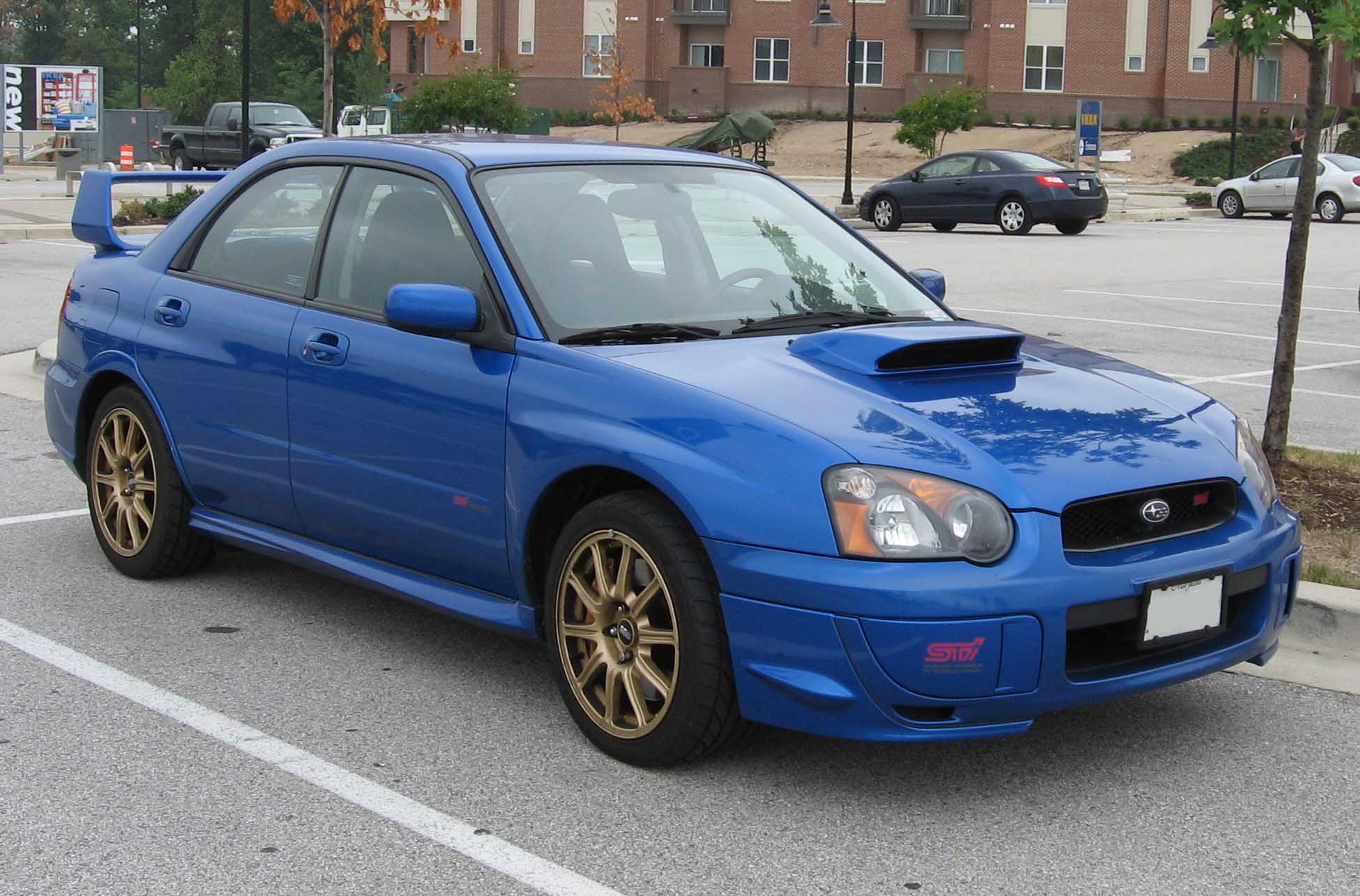
2. Ford Mustang GT and Shelby GT500: Value Retention in Muscle Cars
The Ford Mustang GT and Shelby GT500 are muscle cars that manage to retain their value better than many of their counterparts. While some Mustang trims lose significant value, the GT and Shelby GT500 models are performance powerhouses that depreciate at a slower rate.
With strong engines like the 5.0-liter V8 in the GT and the supercharged V8 in the Shelby, these models offer a combination of power, value, and performance that makes them highly desirable even after several years on the road.
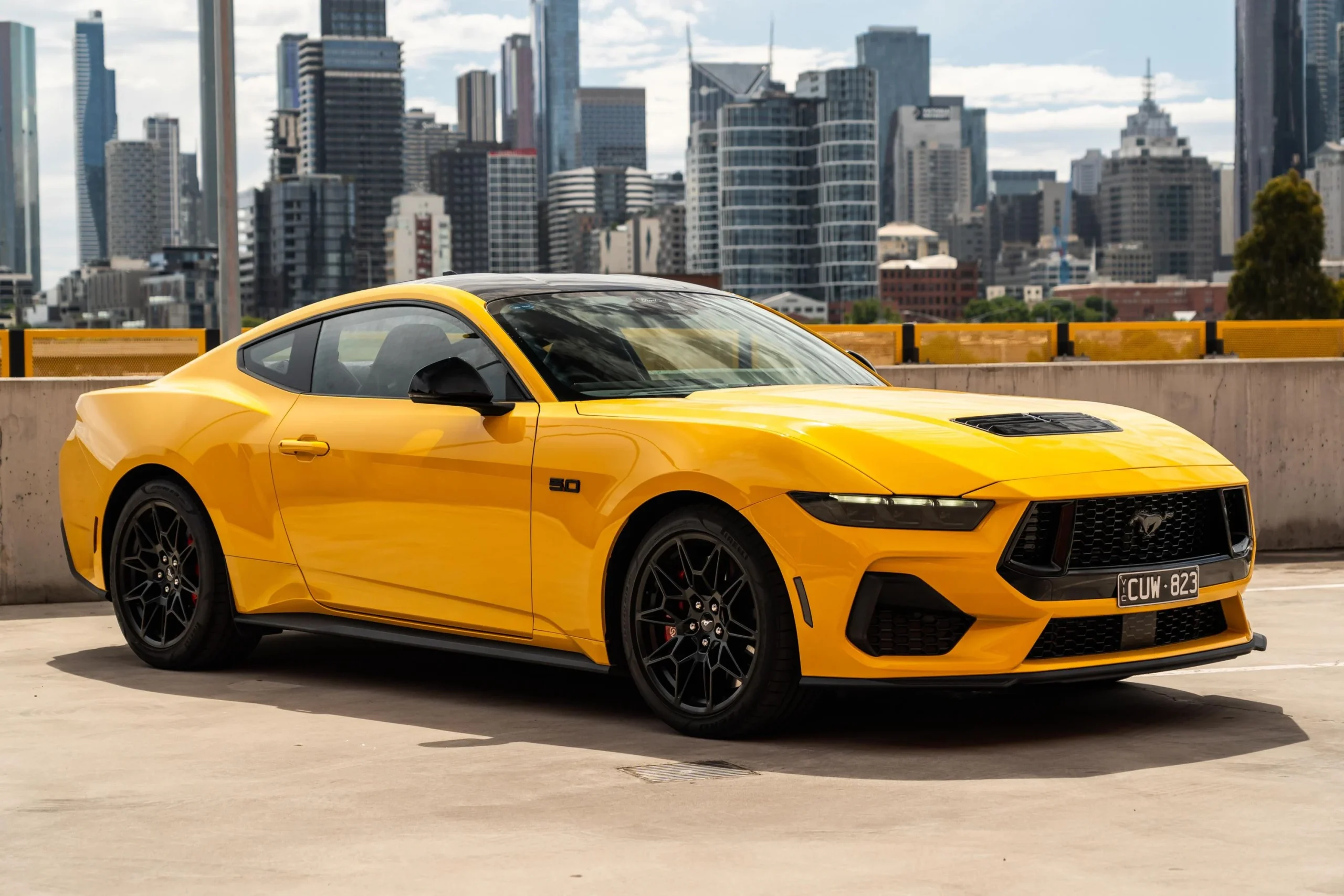
3. The Toyota Corolla: A Reliable Value Holder
The Toyota Corolla is known for its reliability, which contributes to its ability to retain value. This compact sedan has been a popular choice for decades due to its affordability, fuel efficiency, and ease of maintenance.
Despite the typical depreciation seen in many cars, the Toyota Corolla continues to hold at least 50% of its value after ten years. This makes it a top contender in the used car market, particularly for those seeking a dependable, low-cost vehicle with lasting value.
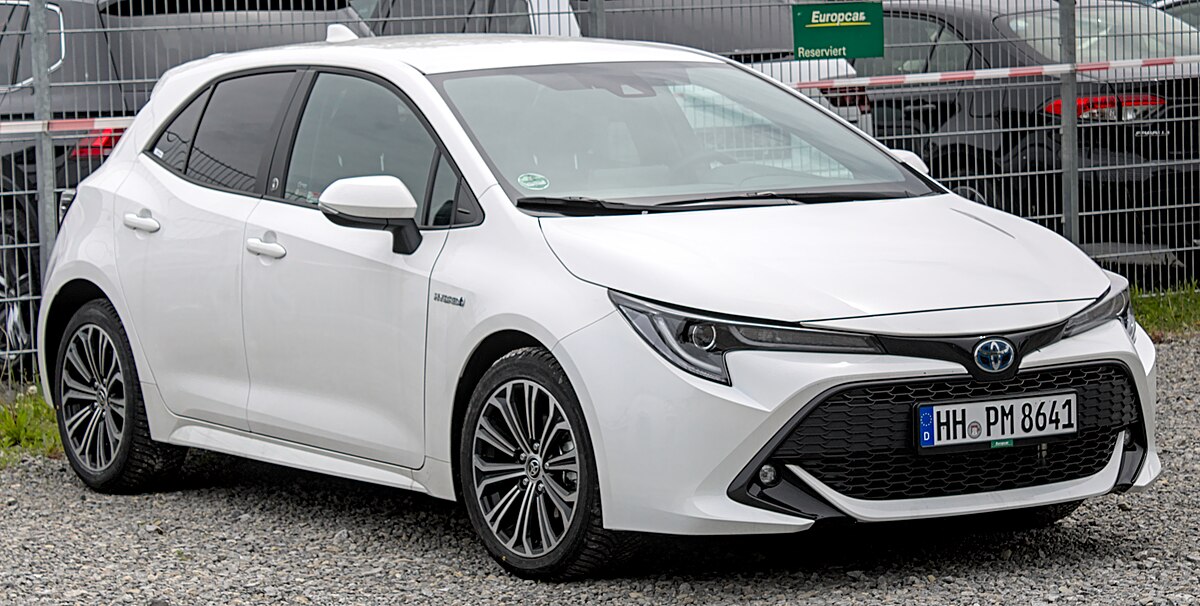
4. Chevrolet Camaro SS and ZL1: Performance and Value
The Chevrolet Camaro SS and ZL1 are standout models that maintain their value thanks to their powerful performance and iconic design. With a 6.2-liter V8 engine in the SS and a supercharged V8 in the ZL1, these muscle cars are built for performance.
Despite being a common sight on the roads, which can contribute to faster depreciation, the SS and ZL1 retain a significant portion of their value, especially for those seeking a combination of muscle car thrills and long-term resale potential.
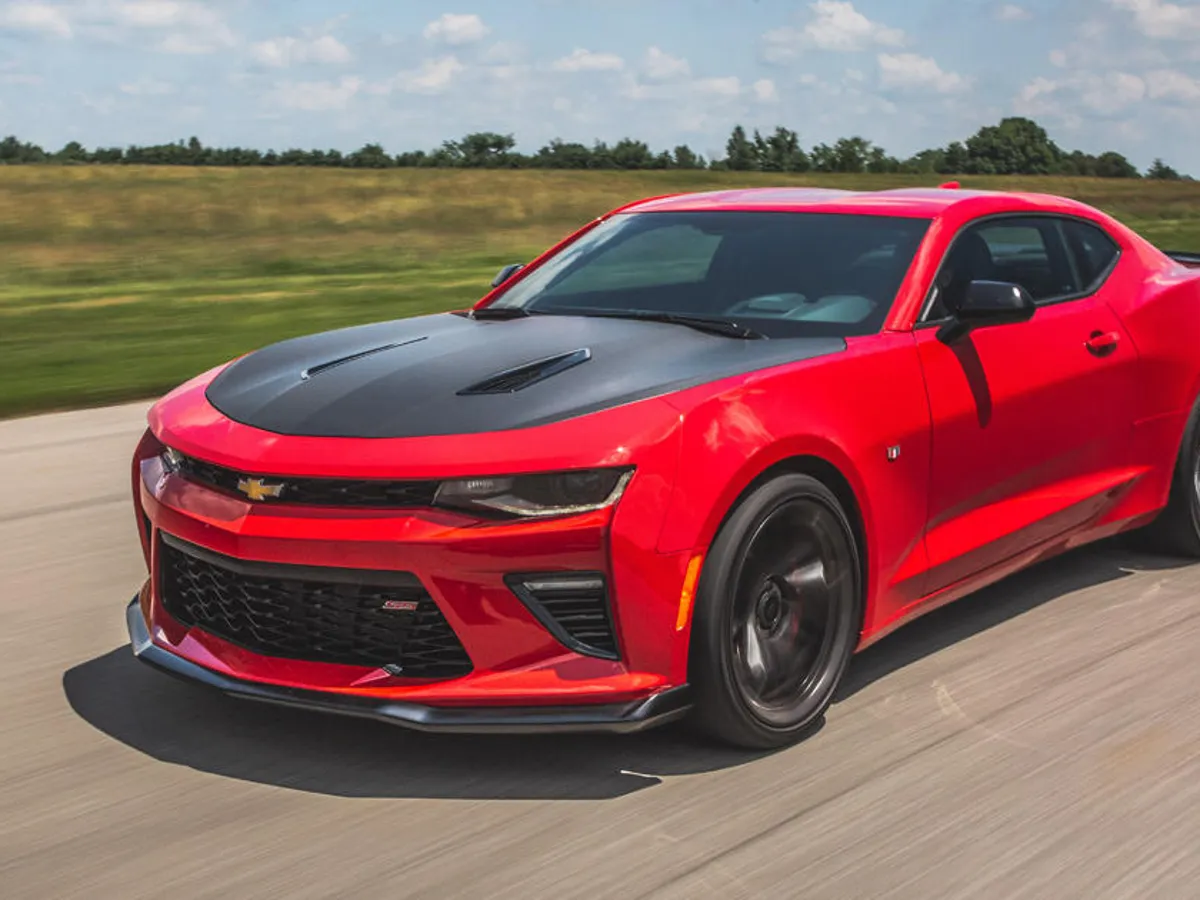
5. Subaru BRZ: Affordable Sports Car with Good Value Retention
Sports cars often depreciate quickly due to high-mileage usage and aggressive driving, but the Subaru BRZ bucks this trend. As an affordable sports coupe, the BRZ retains a substantial amount of its value over the years, with only a modest depreciation rate.
The car’s engaging performance, lightweight design, and fuel efficiency make it an attractive option for buyers looking for a fun driving experience without the steep depreciation often associated with other sports cars.
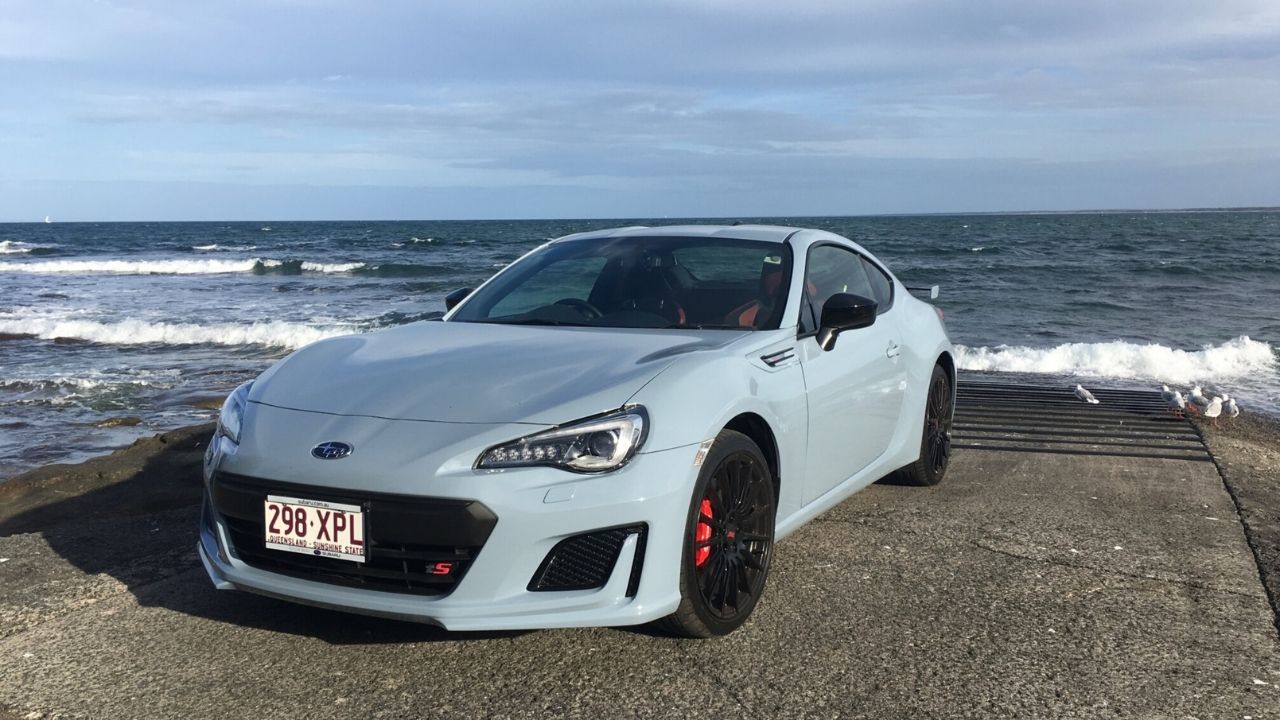
Also Read: 10 Cars From the 1990s That Highlight the Struggles of a Changing Auto Industry
6. Honda Civic: A Dependable and Affordable Sedan
The Honda Civic is another vehicle that performs well in terms of depreciation. Known for its dependability, the Civic has become a staple in the compact sedan category.
Despite the typical depreciation curve, the Civic retains a significant portion of its value after ten years, especially in certain trims like the Si Coupe. Its combination of reliability, low cost of ownership, and strong resale value makes it a practical and attractive choice for used car buyers.
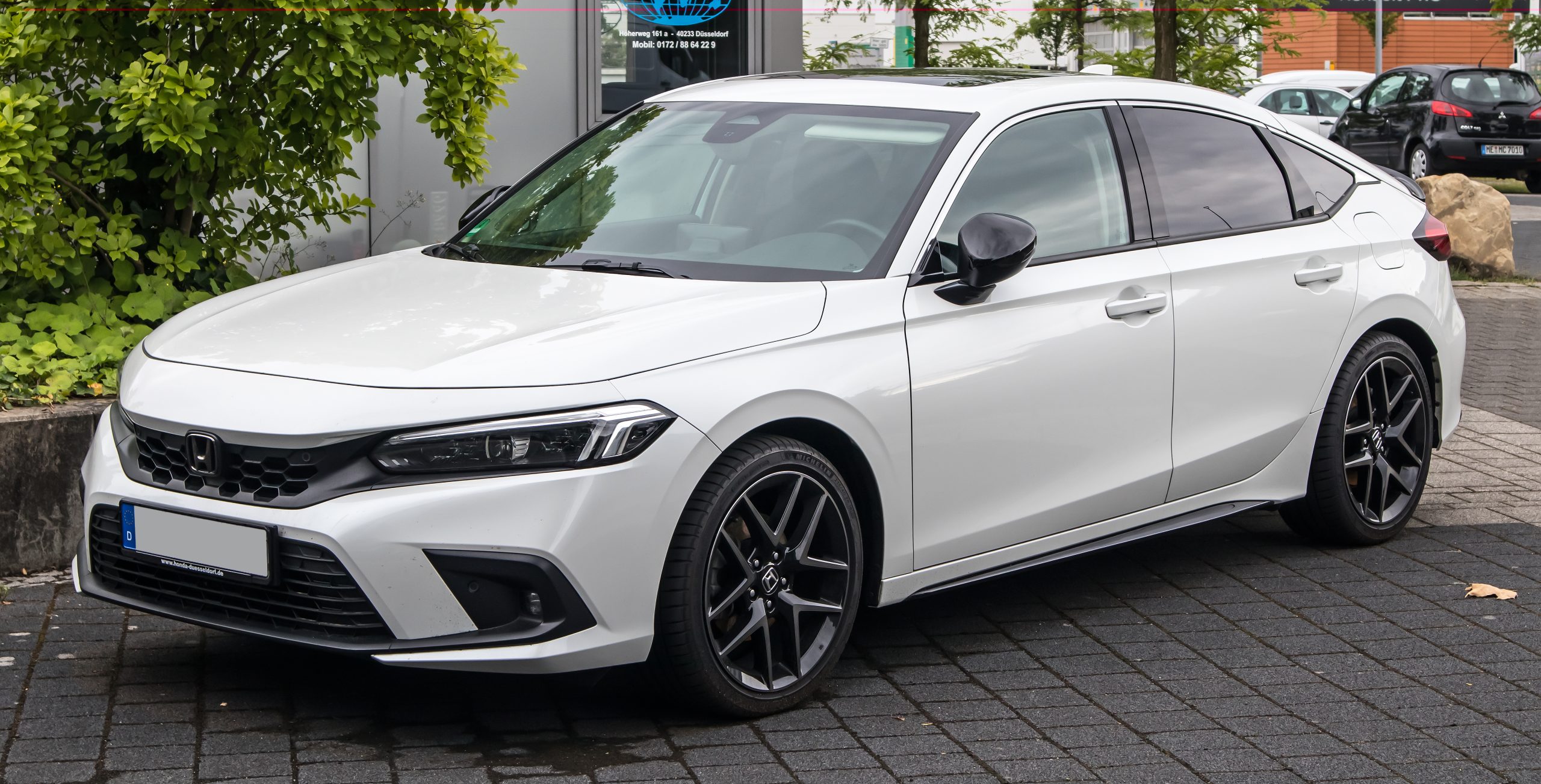
7. Jeep Wrangler: An Iconic SUV with High Resale Value
The Jeep Wrangler is an iconic off-road vehicle that surprises many with its ability to retain value. Despite being designed for rough, off-road driving, the Wrangler is known for its durability and ruggedness, which contribute to its strong resale value.
The 2014 Wrangler, in particular, retains much of its original value due to its solid build quality and off-road capabilities. Models like the Rubicon, which are equipped with enhanced features, tend to hold their value even better than the more basic trims.
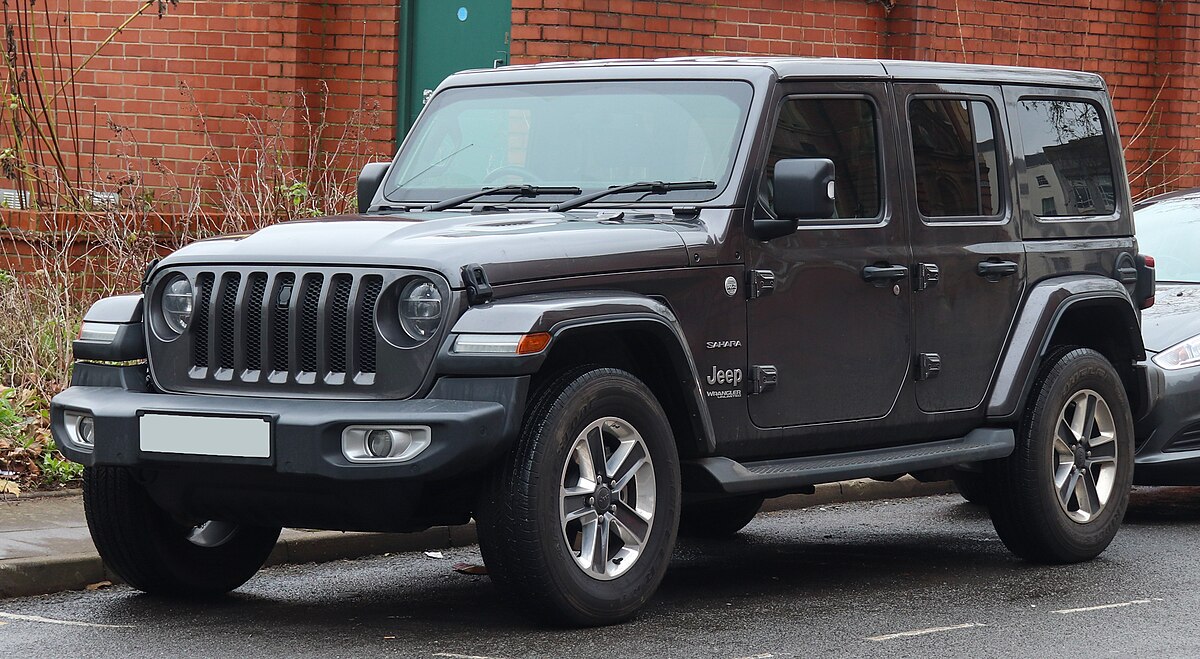
8. Toyota Tacoma: A Midsize Pickup with Longevity
The Toyota Tacoma is another model that stands out for its ability to hold value over time. Known for its reliability and rugged performance, the Tacoma remains a top choice in the midsize pickup truck category.
Its ability to handle both everyday tasks and off-road adventures has made it a popular option for many buyers. After five years, the Tacoma has already depreciated by a modest amount, making it likely to retain over 50% of its value after ten years, a significant factor for used truck buyers.
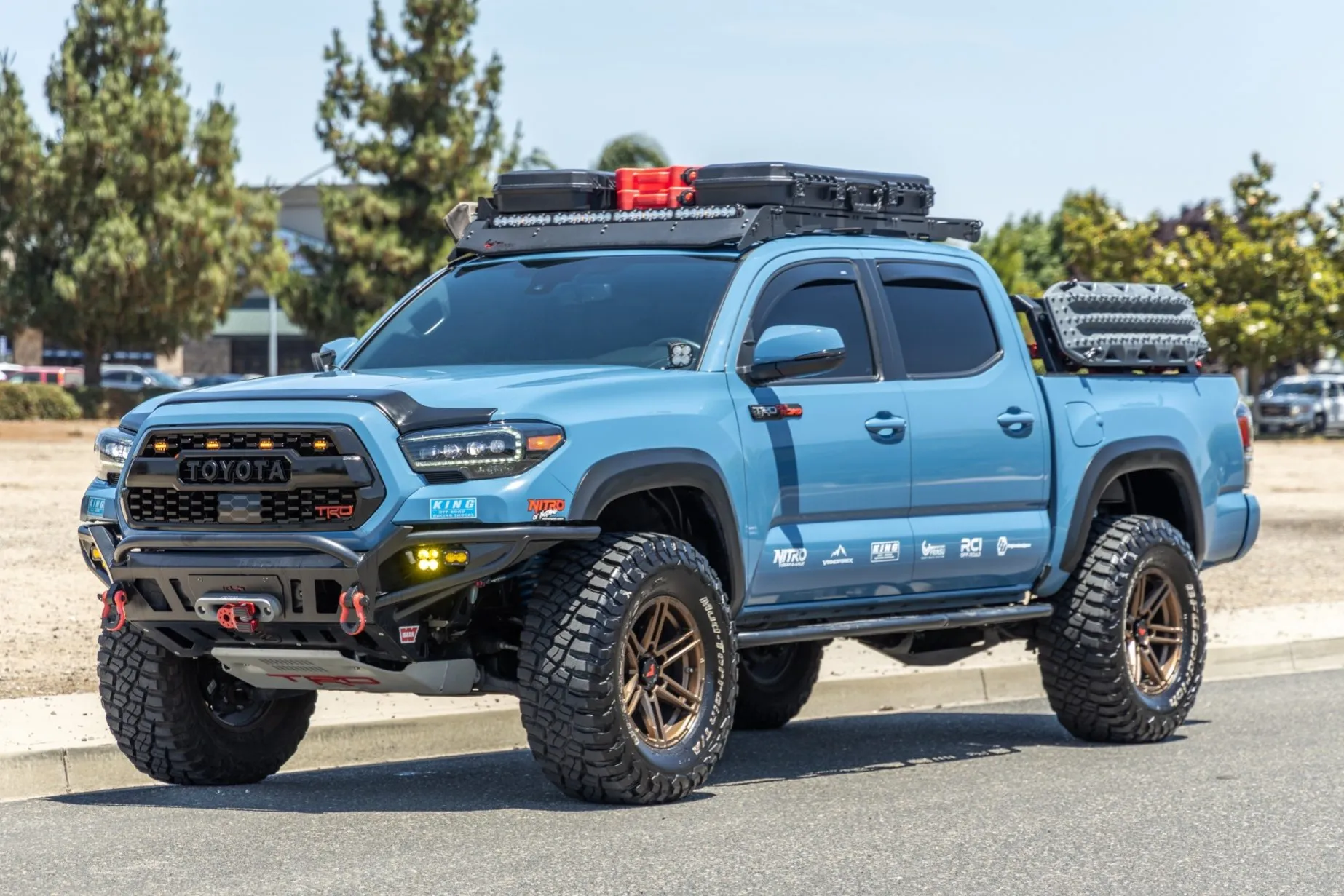
9. Porsche Cayman: A Sports Car with Strong Resale Potential
The Porsche Cayman is a sports car that performs exceptionally well in terms of value retention. Unlike many sports cars, the Cayman maintains a significant portion of its value even after several years.
The car’s combination of performance, luxury, and relatively lower price compared to the Porsche 911 makes it a popular choice among enthusiasts. The Cayman’s low depreciation rate, coupled with its impressive driving dynamics and build quality, ensures that it remains a valuable option on the used car market.
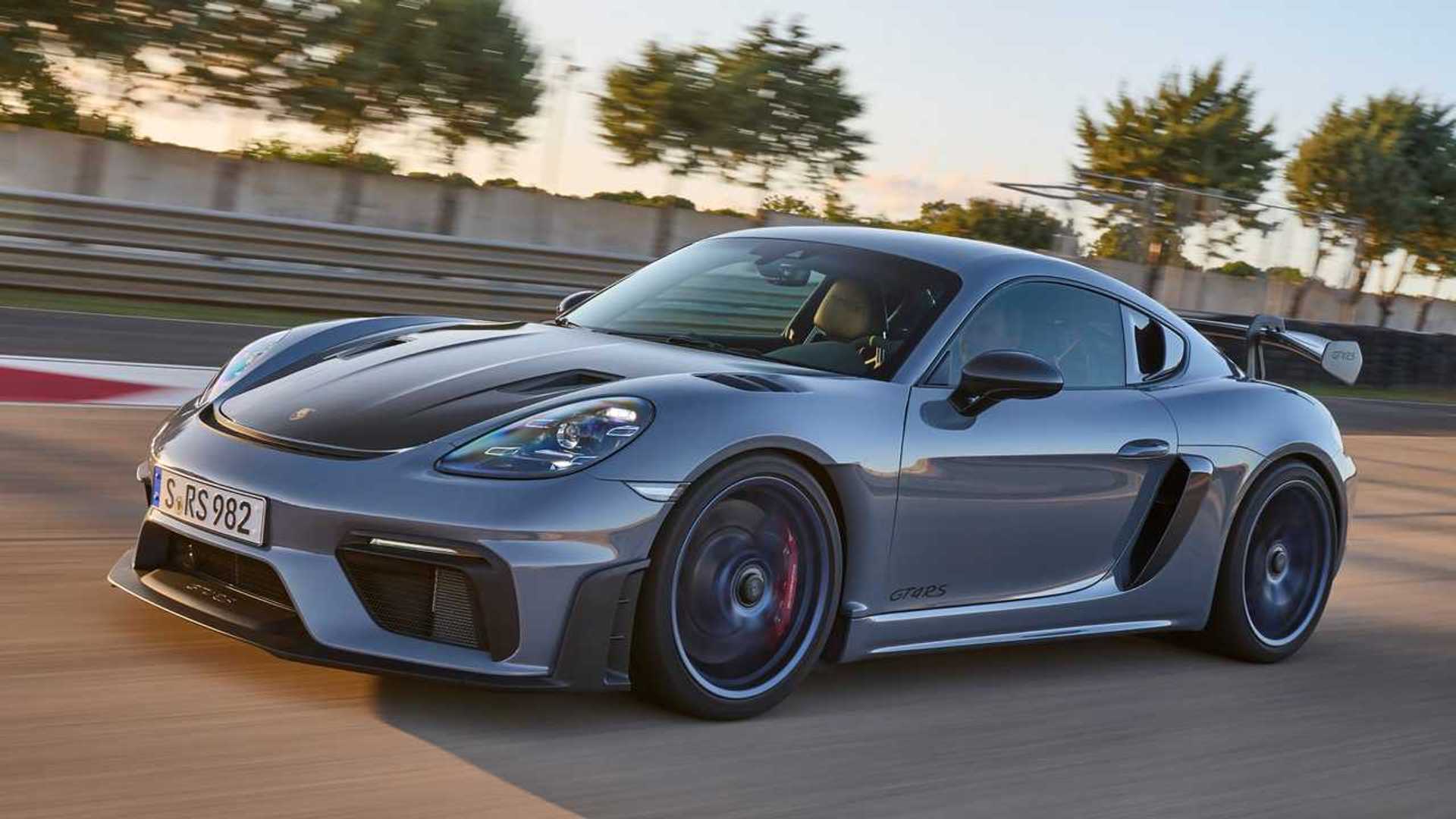
10. Porsche 911: The Ultimate Value Retainer
The Porsche 911 is the ultimate car when it comes to retaining its value. As one of the most iconic sports cars in history, the 911 holds its value better than almost any other vehicle on the market.
With an average depreciation rate of just 9.3% after five years, the Porsche 911 is known for its exceptional performance, build quality, and longevity. This combination of factors allows the 911 to maintain a significant portion of its value, making it one of the best investments for buyers looking for a used luxury sports car.
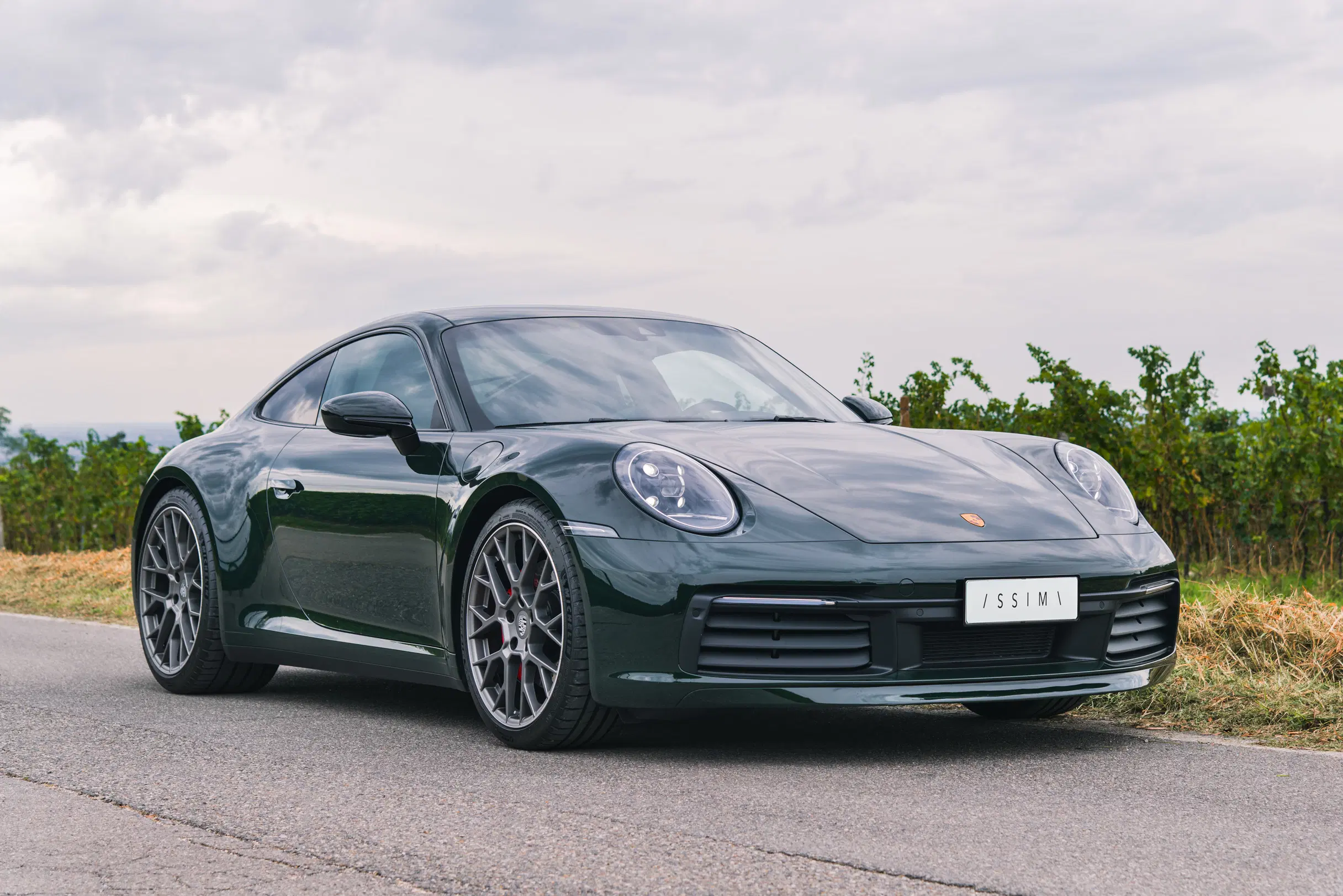
Understanding depreciation and resale value is crucial when purchasing a vehicle, especially for those who plan to sell or trade in their cars after several years. Certain models, especially those with strong performance, reliability, and durability, retain much of their value over time.
From the Porsche 911 to the Toyota Tacoma, these vehicles demonstrate that careful choices can lead to better long-term value retention, allowing owners to get more out of their investments. While depreciation is inevitable, some vehicles offer greater resale potential, making them wiser investments in the long run.
Also Read: 10 Best Practices to Keep Your Engine Running Like New in High-Performance Motorsport Vehicles

